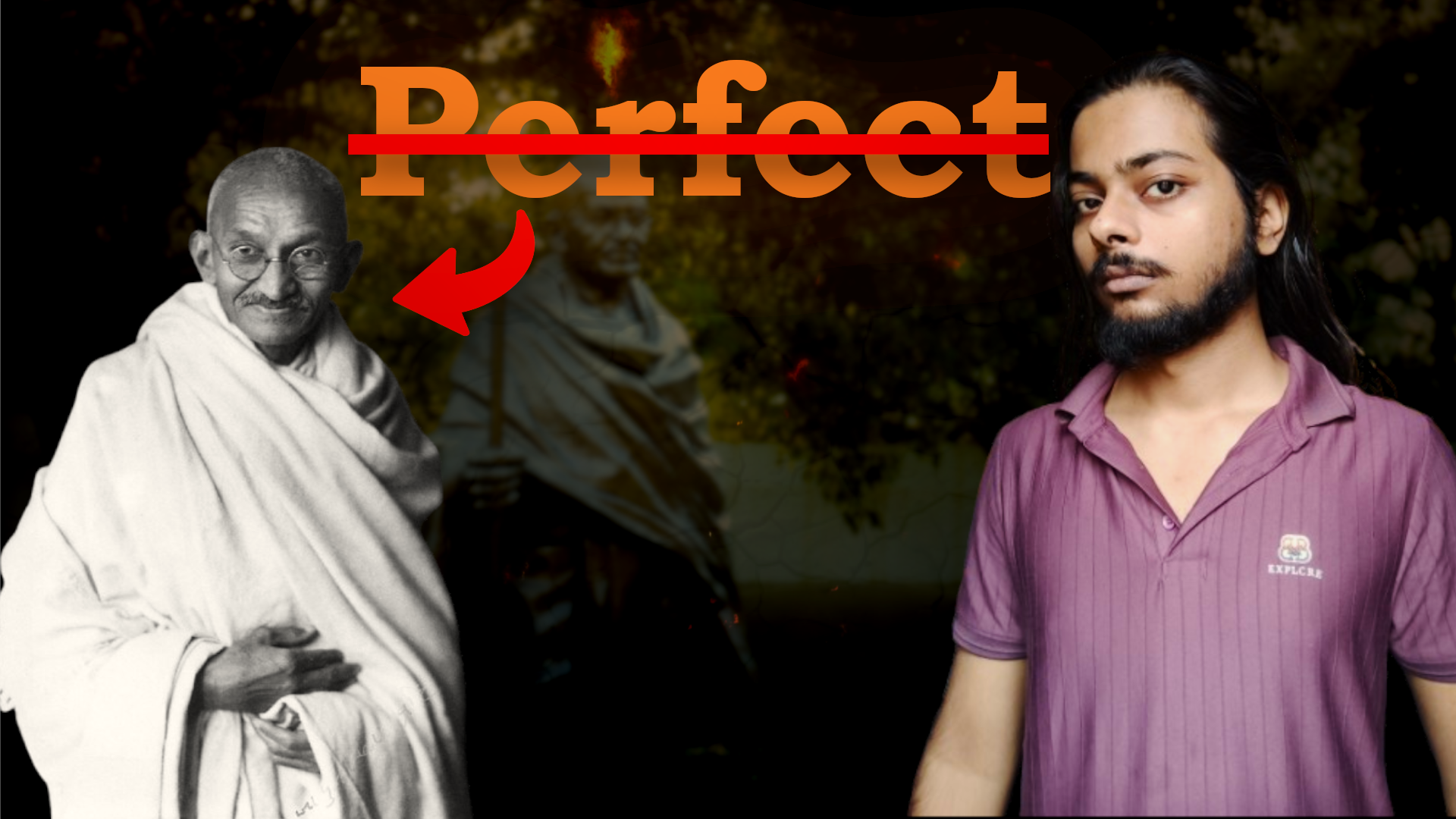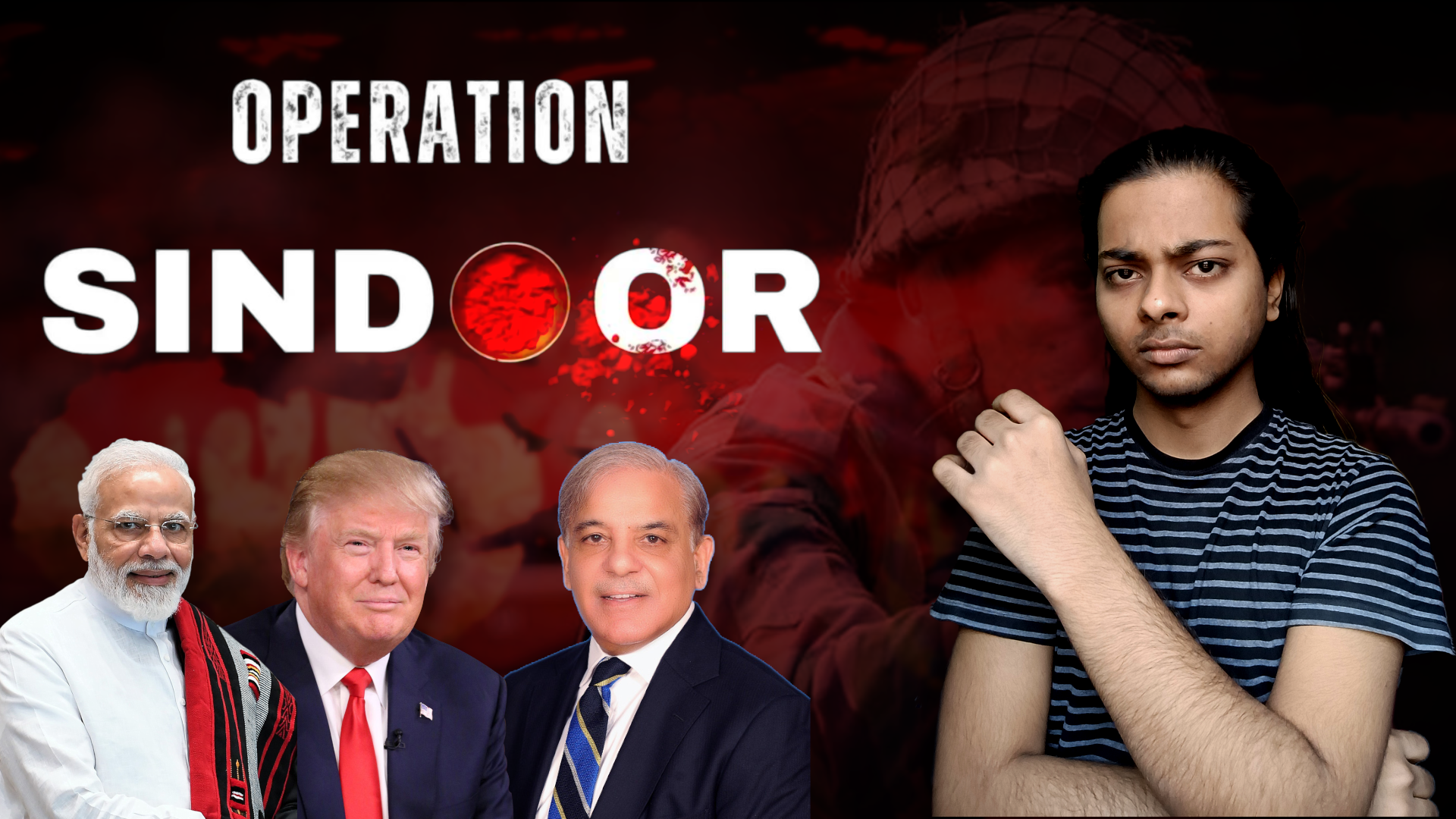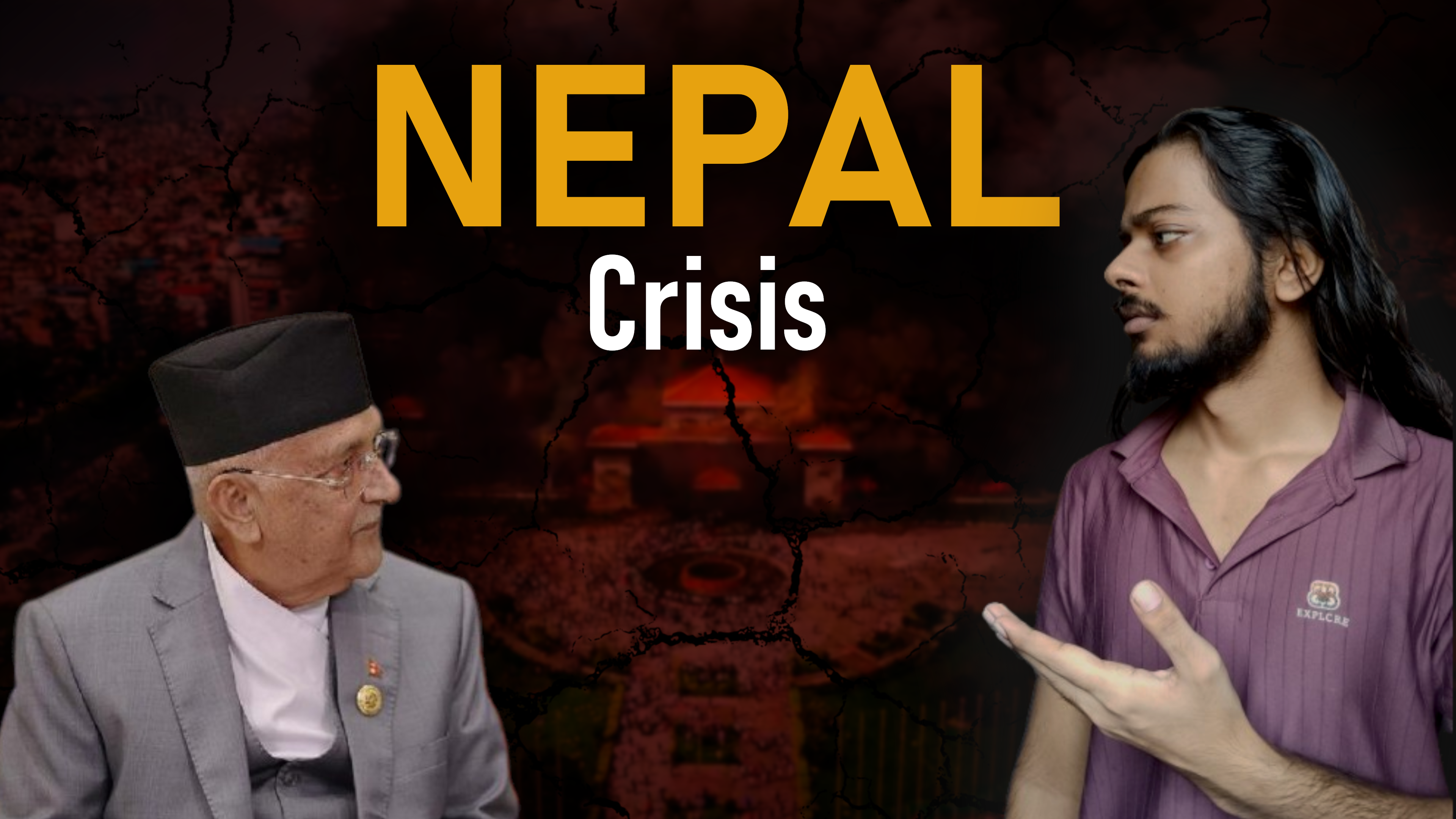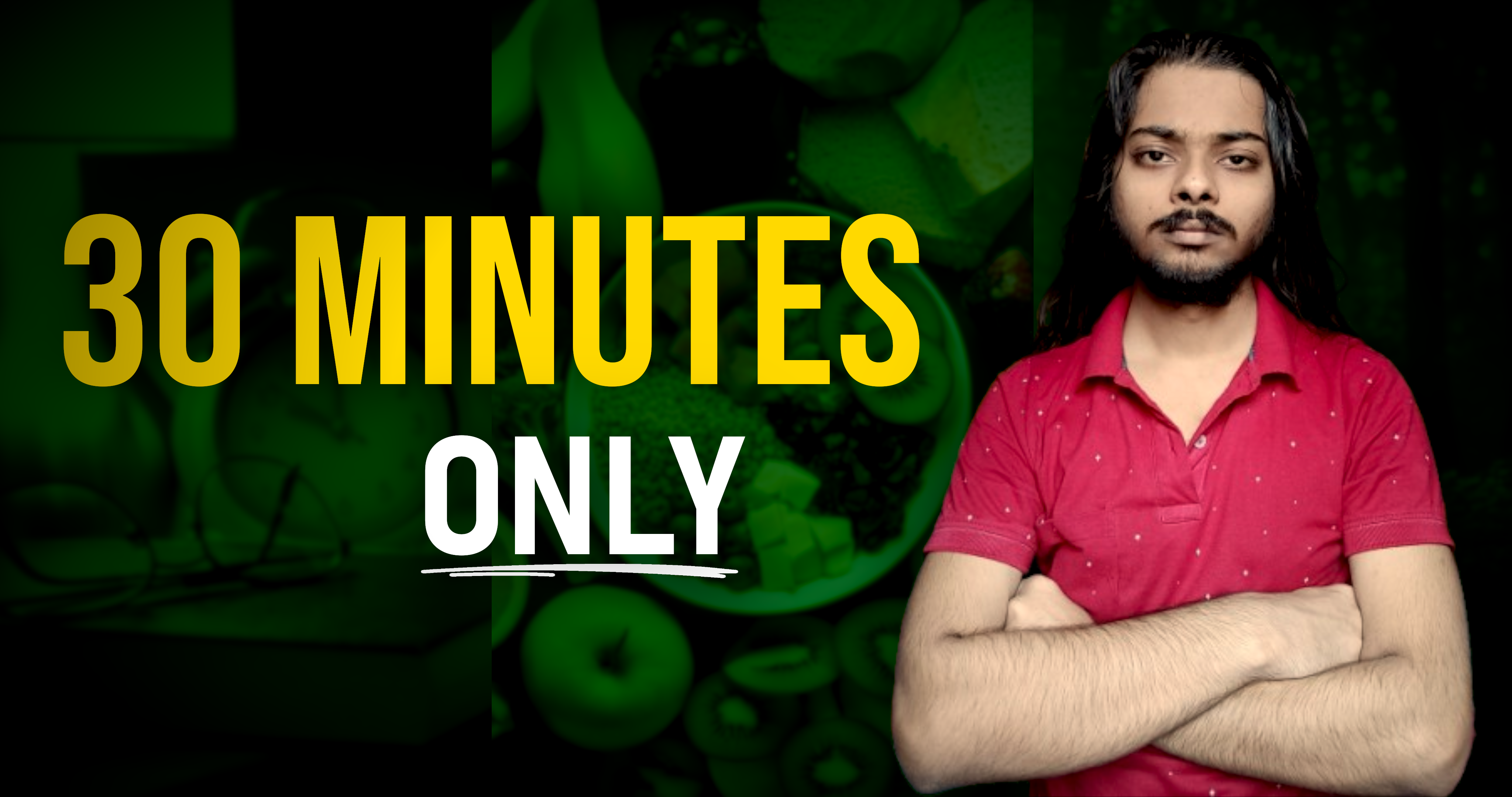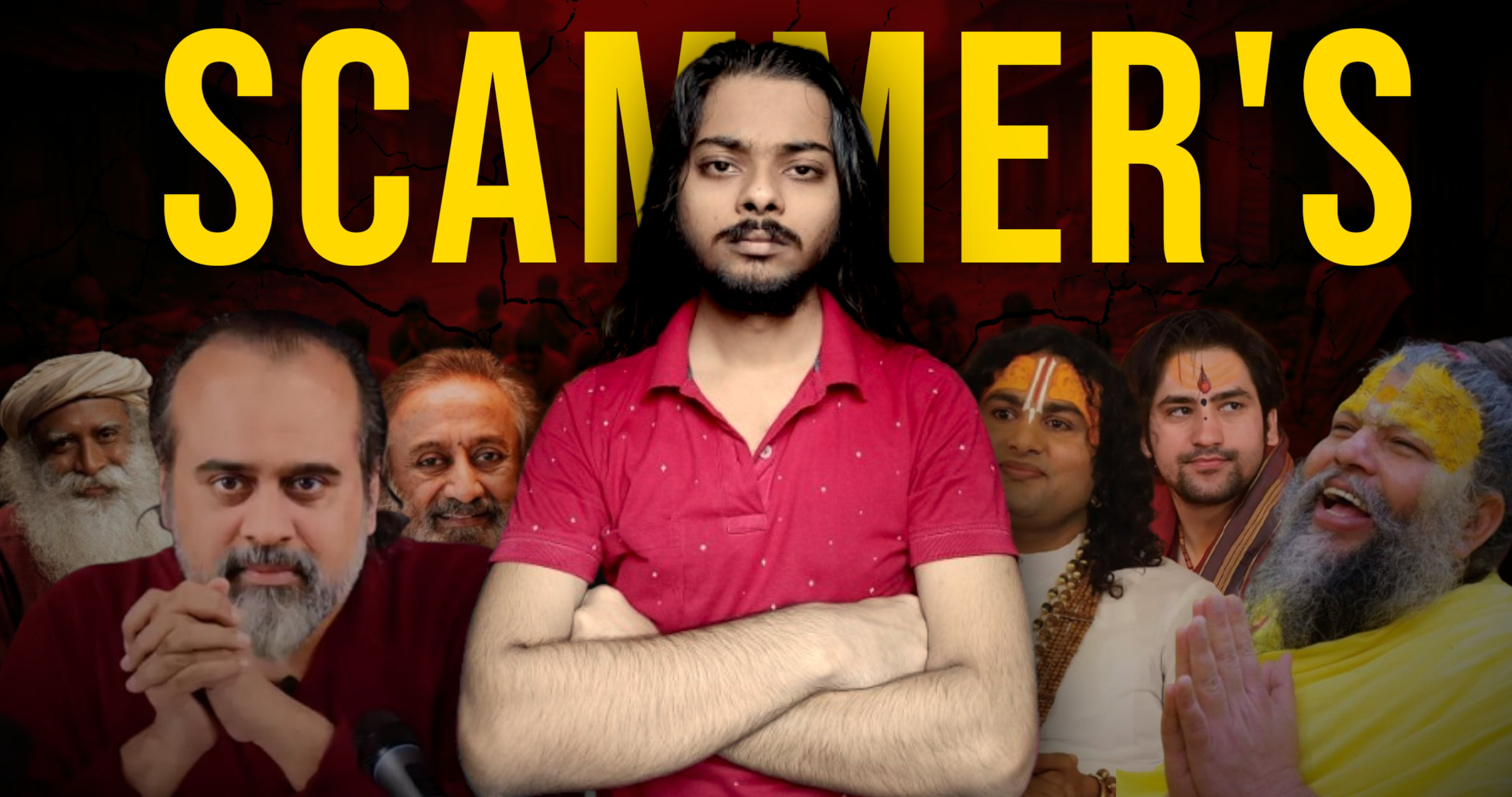Steve Jobs was a great innovator, but he died treating his pancreatic cancer with home remedies. Nikola Tesla was a genius with electricity, but he died broke because he had no business sense. Isaac Newton spent half his life writing about science and the other half writing about pseudo-science. We have to stop looking at people as perfect.
Today, people disrespect Mahatma Gandhi, saying his contribution to India's freedom was negligible because the non-violence movement was a failure. They fail to realize one critical thing: we assume the situation in pre-independence India was the same as it is today, and that is a completely false assumption. The reality was brutally different. A large portion of the country was starving and didn't have the food to get energy into their bodies. The situation was worse than we can imagine.
People say non-violence was a failed movement because, for a violent movement, you need an army, and an army needs energy. At that point in time, the largest part of the Indian population was starving. They didn't have enough food to sustain their own lives, let alone form an army to fight the British colonial system. They were suffering from tons of diseases because of bad water. So when you say a violent movement would have been better, you are ignoring the fundamental fact that the people did not have the physical capacity to fight.
People perceive that Gandhi just wanted non-violence, and for that, they hate him. But in reality, he never stopped someone from using violence to get freedom. He just used what he thought was the right strategy—and it was the right strategy because the population was nutritionally deficient. There were violent movements happening, led by great figures like Bhagat Singh, Subhas Chandra Bose, and Chandra Shekhar Azad. But who was against them? Who was revealing their locations and their secrets to the British police? It was common Indian people. So to be biased and blindly blame Mahatma Gandhi as the sole culprit is a bad and very disrespectful way to treat someone.
As a person, nobody is perfect. It's not about a person being "good" or "bad"; it's always about good decisions and bad decisions. And both of those have to be judged on the scale of time, because time is the only true judge. If you make a decision and, after a certain time, you achieve what you wanted, it was a good decision. If you don't, it was a bad decision. It's as simple as that. There's no such thing as a good person or a bad person. My decision to say this right now will only be judged as good or bad on the horizon of time. It doesn't make me a good or bad person.
I don't blindly support Mahatma Gandhi. What I'm trying to say is that he was a person who made some good decisions and some bad decisions. And the only judge here is time, which is the ultimate judge of everything.
